https://www.healthline.com/health/bph-medications-to-avoid
The prostate grows
The prostate is a walnut-shaped gland that wraps around the urethra, the tube that urine flows out of. The prostate is part of the male reproductive system. One of its main jobs, along with other organs, is to add fluid to semen. This is the fluid that carries sperm.
The prostate gland starts out small and has two main phases of growth. It doubles in size during the teenage years, then continues to grow again after age 25 throughout the rest of a man’s life.
An excessively enlarged prostate results in a disease known as benign prostatic hyperplasia (BPH). Eventually, an enlarged prostate can clamp down on the urethra and restrict the flow of urine from the bladder. This leads to problems such as:
Read about natural remedies that may improve some BPH symptoms.
There are several treatment options for an enlarged prostate. You can take alpha-blockers such as terazosin (Hytrin) or tamsulosin (Flomax) to help relax the prostate and bladder muscles.
You can also take dutasteride (Avodart) or finasteride (Proscar), a different kind of medication for reducing BPH symptoms. These block the hormones that cause the prostate to grow.
Combinations of these two different types of medications may also be recommended. Your doctor might also recommend surgery to remove the extra prostate tissue. One common surgical procedure for BPH is known as transurethral resection of the prostate (TURP).
There are also natural remedies that may work to combat enlarged prostate symptoms. However, the evidence is debatable on whether these treatments actually work. The American Urological Association currently doesn’t recommend any herbal therapy for managing BPH.
If you do want to try any of these natural remedies, talk to your doctor first. Some herbal treatments can interact with prescription medications. The U.S. Food and Drug Administration (FDA) doesn’t regulate the quality or purity of herbal supplements. This means there can be a lack of consistent ingredients.
Saw palmetto is an herbal remedy that comes from the fruit of a type of palm tree. It’s been used in alternative medicine for centuries to relieve urinary symptoms, including those caused by an enlarged prostate. According to the National Institutes of Health (NIH)Trusted Source, a few small-scale studies have suggested that saw palmetto might be effective for relieving BPH symptoms.
However, the NIH reports that when larger studiesTrusted Source were conducted, they didn’t find saw palmetto any more effective than a placebo. Research continues to look into the anti-inflammatory and hormone-blocking properties that saw palmetto may have and its possible use in combination with other medications. Saw palmetto is safe to use, but minor side effects can be upset stomach and headache.
This herbal medication is a mixture taken from different plants that contain cholesterol-like substances called sitosterols or phytosterols (plant-based fats). Several studiesTrusted Source have suggested that beta-sitosterol can relieve urinary symptoms of BPH, including the strength of urine flow. Some scientists have also suggested that it’s these fatty substances — like beta-sitosterol, which is also found in saw palmetto — that are actually doing the work.
There haven’t been any major side effects reported with the use of beta-sitosterol. However, doctors still don’t know all the long-term effects of this natural therapy.
Pygeum comes from the bark of the African plum tree and has been used in traditional medicine to treat urinary problems since ancient times. It’s often used to treat BPH symptoms, especially in Europe. Because studies on it haven’t been well-designed, it’s hard to know for sure whether it’s effective.
According to the Canadian Journal of Urology, some small studies have suggested the supplement can help with bladder emptying and urine flow. However, the studies reviewed were inconsistent. Pygeum does appear safe to use, but it can cause upset stomach and headache in some people who take it. There are no studies on long-term safety.
Rye grass pollen extract is made from three types of grass pollen: rye, timothy, and corn. A review of herbal studies published in BJU InternationalTrusted Source found that in one study, men who were taking rye grass pollen extract reported an improvement in their nighttime symptoms of getting up to urinate, compared to those who were taking a placebo. However, this study lasted only six months. It didn’t look at how well the supplement worked compared to prescription medications.
You’ll know if you’ve accidentally touched the common European stinging nettle: The hairs on its leaves can cause a sharp jolt of intense pain. But stinging nettle may have some benefits when used as a medicine.
Nettle root is thought to improve some BPH symptoms, and is commonly used in Europe. However, a 2007 reviewTrusted Source concluded that more studies were needed. Currently, there’s no strong scientific evidence to suggest that it’s more effective than no treatment at all.
Sometimes nettle is used in combination with other natural BPH treatments, such as pygeum or saw palmetto. Side effects from nettle are usually mild, including upset stomach and skin rash.
The role of diet in the prevention of BPH and in treating its symptoms continues to be explored.
A recent four-year studyTrusted Source in China looked at the effects of diet on BPH symptoms. Researchers found that men with diets high in fruits and vegetables — especially leafy, dark vegetables and tomatoes — had less BPH, less symptoms of BPH, and were less likely to have worsening of their BPH. Researchers believe it’s not just one nutrient, but rather the combinations found in a healthful diet and lifestyle, that are beneficial.
It’s important to remember that just because a supplement is labeled “natural” doesn’t always mean it’s safe, healthy, or effective. Remember that the FDA doesn’t regulate herbal remedies like it does prescription and over-the-counter drugs. That means you can’t be totally sure that what’s listed on the label is inside the bottle.
Herbal remedies can also cause side effects and interact with other medications you take. Check with your doctor before trying any natural supplement.
Enlarged Prostate: 9 Over-the-Counter Medications
A man’s prostate gland continues growing throughout his life. That’s why older men are more likely to have issues with enlarged prostate. This condition is called benign enlarged prostate, which isn’t the same thing as having prostate cancer. These are two separate health conditions that are treated in different ways. Benign means noncancerous. However, even without cancer, an enlarged prostate can cause discomfort and complications.
Benign enlarged prostate is the most commonTrusted Source problem for men over age 50. Men with this condition experience bladder troubles that include: frequent urination, involuntary loss of urine, a weak stream of urine, and pain during urination or after ejaculation.
If your symptoms aren’t severe, your doctor may recommend regular checkups for a period before deciding on medical treatment. The main form of medical treatment involves prescription drugs from these two categories: alpha blockers and 5-alpha reductase inhibitors. Alpha blockers reduce symptoms by relaxing the muscles in the prostate and bladder and 5-alpha reductase inhibitors work by blocking the hormone that makes the prostate grow.
6 Natural Remedies for an Enlarged Prostate
Some treatments and herbal supplements that can help manage your symptoms are available over the counter (OTC). However, The American Urological Association does not recommend or recognize these treatments for managing benign enlarge prostate. If you’d like to try one of the treatments listed below, you should still consult your doctor.
Nonsteroidal anti-inflammatory drugs (NSAIDs) are medications that help lower inflammation. Common types are aspirin and ibuprofen. These drugs are often taken to reduce arthritis symptoms and prevent heart disease. Some research also suggests that men who already take NSAIDs regularly may be improving their prostate health. However, there is not yet enough evidence to recommend that you start taking them regularly specifically to treat enlarged prostate.
Saw palmetto is an herbal supplement that’s made from the fruit extracts of the saw palmetto plant. It’s one of the more popular herbal remedies used to treat urinary problems, including enlarged prostate. You can find it in pill form or as a liquid extract.
A range of 100 to 960 mg daily has been used to treat enlarged prostate, but according to the National Institutes of HealthTrusted Source, a few studies have shown it to be effective. As a result, saw palmetto is one of the most commonly recommended natural remedies. However, more research is still needed in order for it to be officially accepted as a treatment in the medical community.
Pygeum is a supplement made from the bark of the African plumb tree. The extract has been used for many years to treat enlarged prostate. It works as an anti-inflammatory and may have positive effects on the bladder as well. One small study found that, when combined with other herbs, pygeum might help reduce issues of frequent urination in people with enlarged prostate. More clinical trials are needed in the United States to determine its effectiveness.
Rye grass pollen is an extract made from the pollen of rye grass and timothy. The supplement is thought to be helpful in lowering the urge to go to the bathroom in the middle of the night. One study showed that rye grass pollen may be effective in reducing symptoms like frequent urination and nighttime urination.
Extracts of South African star grass are used for medical purposes because they contain beta sitosterols. Plant sterols like these are thought to reduce inflammation and improve urine flow in men with enlarged prostate. You can also find beta sitosterol in some yogurts and margarines. There is some evidenceTrusted Source to suggest that beta sitosterol may actually be effective in treating urinary symptoms related to enlarged prostate.
Red clover is a plant that’s flower tops are used to make herbal supplements to treat a variety of conditions, including enlarged prostate. The supplement may help reduce nighttime bathroom trips for men with enlarged prostate, but there isn’t enough evidence to prove that it’s effective.
Stinging nettle is a plant with a long medicinal history in Europe. Its leaves have fine hairs that cause sharp pain when they touch human skin — that’s how it got the name stinging nettle. The leaves and root are also thought to have medicinal benefits. In Europe, the root is often used to treat enlarged prostate. Some believe it can help increase the flow of urine in men with enlarged prostate. However, there isn’t solid clinical research to support its effectiveness, and one 2007 studyTrusted Source concluded that more research is needed.
Oil extracted from pumpkin seeds can be purchased in capsule form. One studyTrusted Source found that pumpkin seed oil is a safe and may be an effective alternative treatment for enlarged prostate. Researchers used a dose of 320 mg per day over the course of 12 months. The pumpkin seed oil was more effective than the placebo in improving symptoms and quality of life.
It’s important to note that herbal supplements aren’t prescribed by doctors to treat enlarged prostate. They also aren’t approved by the Food and Drug Administration. None of the above medications should be used in place of medical treatment from a doctor.
If you aren’t getting relief from symptoms that are interfering with your daily life, it might be time to talk to your doctor about prescription medications. There are two types of drugs that have had success in treating benign enlarged prostate. Your doctor will need to do an exam and see which is the best choice for you.
-420x158.png)
-350x525fill.jpeg)
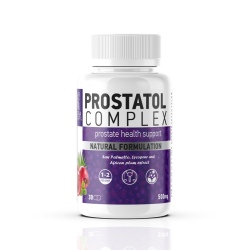
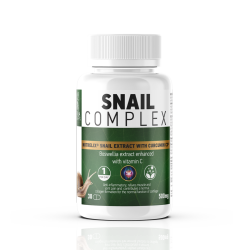
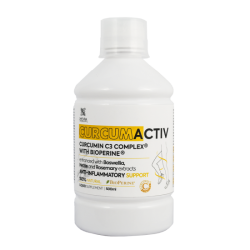
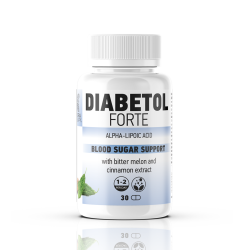
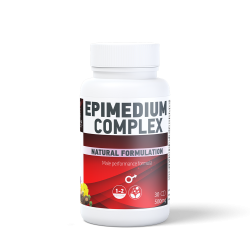
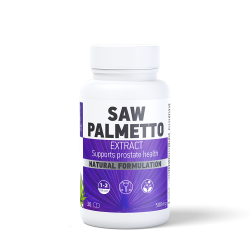
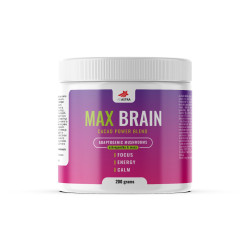
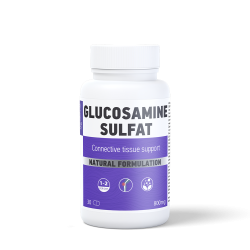
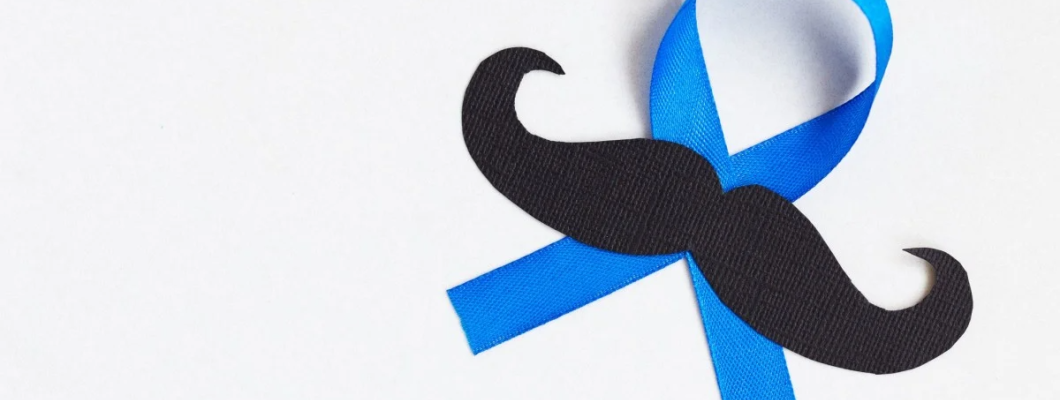
5 Коментар(и)
contentadlldd
<a
c
We are a health-focused website, sharing daily tips on skincare, weight loss, wellness, and healthcare.
We are a health-focused website, sharing daily tips on skincare, weight loss, wellness, and healthcare.
Оставете коментар